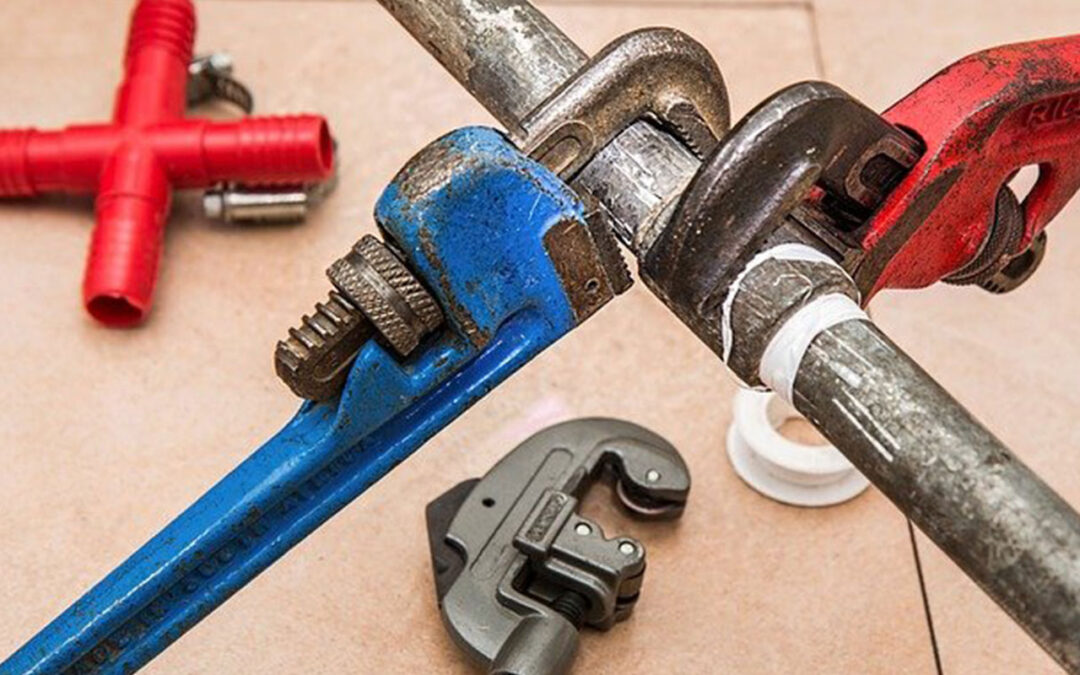
Solve Problems with Ease
To solve problems requires a new outlook on them. What if you could change things for the better with just a simple tweak to your thought patterns?
The other day I let myself go into a self-deprecating mode where I questioned my path. The reason? Well, let me share what I posted to one of my Facebook groups to explain.
My Post
Torrent sites are the reason many writers can no longer make a living writing books and why many of us have to work 2-3 jobs to be able to afford the luxury of writing a book (researching, creating, writing, designing covers, and paying for editors). These terrible sites take away our sense of hope, accomplishment, and ability to put aside valuable time to produce a finished book. I used to have the time to write 2 books a year, but no longer.
Why? Because I need to work 2-3 jobs to put a roof over my head and pay my bills. The time I used to enjoy writing now has to be spent making money to make up for what these torrent sites take away. Yes, I believe they put a huge dent in the system. And, to take the time to request they be taken down would also eat away at writing time. Unquestionably, it’s unfortunate.
The Upset
Why am I so up in arms about this right at this moment? Because… I was just sent a link to a public Google drive folder that contains thousands upon thousands of books for anyone in the world to read. No money needed. Moreover, the author never gets compensated for all the sacrifice of their time, efforts, and energy to create these works.
Basically, it’s a losing battle for writers.
I beg of anyone who downloads stolen books, please think about the consequences your actions are causing. Overall, you are not only making yourself a part of the potential destruction of artists’ work, but you are also likely downloading a nasty virus to go along with that stolen property.
Yeah. Phew. A little heat coming off that post, eh?
The Problem
The way I felt for most of the day following this rant was hopeless and devastated. Firstly, I woke with energy that day, and retired to my pillow drained. Secondly, I felt as if I had hit a brick wall. My dream to make a living as a novelist, writing stories about characters who pursue the meaning in life and search for that one true love of their life, seemed to crumble.
That night, I didn’t sleep well. My imagination went into overdrive, and not in a productive way. Consequently, I began to visualize a future without writing books, researching new things, interacting with readers as a writer, and dissolving my website and social media accounts because of the entitled, greedy people who think it’s okay to steal from me and other artists.
A Monster Emerged
Wow, in the shadows of my bedroom, a monster had emerged! My ability to usually solve problems disappeared.
Effectually, I lay against my pillow staring up at the shadows feeling very hollow and scared. My God, what would become of my life?
Yikes! What a spiral I’d caused myself to enter. And worse than that, that post caused quite the upheaval of negative emotion. I woke the next day with a terrible feeling in the pit of my stomach. I not only self-destructed, but I also set a fire ablaze in others.
Not cool. Solve problems? Me? I seemed to be creating them! Yikes.
What’s Good About This Problem?
Afterward, my brain went into total overhaul mode. How could I make this better? In what ways could I stop the madness my emotions had caused?
I took the only action I could think of at that moment. I asked myself a very pointed question: What’s good about this problem?
Meanwhile, as my brain searched for an answer, I began to feel better because I was searching for something good. See, I could solve problems again! Yahoo!
- The community came together to support each other during a very uncomfortable moment. That’s a good thing.
- We addressed concerns in an open and honest forum. Honesty is always best.
The Greatness Emerged
Those are both good things. But, I think the greatest good that came from this post was grasping the understanding that there are many people out there who still respect and support the arts. They crave a good book, and they fully appreciate the writer’s journey in creating that for her.
I saw this in many of the responses, and I have to say, knowing that there are good people out there who want to support and nurture artists makes me even more determined to keep that faith they put into us alive.
Regardless, the ones stealing, well, they’re going to steal anyway. I don’t want them in my circle. Certainly, I wont allow them to rob me of my creative energy. Most importantly, never will they take away from me the very things that causes my heart to race and my mind to expand. No, they’ll never have that power. They don’t deserve that power.
A Good Look
Hence, the good thing about this problem is that there are still many people out there willing to be honest and supportive. I am going to choose to focus on them when I’m writing a new book and have faith that my efforts will mean something to someone somewhere down the road.
I do not want to become my own worst enemy. And, I won’t fear the actions of others. Furthermore, no way will I succumb to putting out my light because someone thinks it’s not worth shining. The good thing about someone else’s problem is that it’s someone else’s problem. It’s not mine unless I make it mine.
Claim the Win
I want to be the kind of person who can solve problems and lives with a faith that I am doing exactly what I’m supposed to be doing. I can’t imagine a life where I’m not creating a story. If I let stealers take that away from me, who comes out ahead? Certainly not me. And, that’s just not going to happen. As long as I have a breath and a pulse, I am going to pour my heart into a life where I come out ahead. I would never let someone I care about ever consider coming in behind, so why would I ever allow that to happen to me?
Finally, my fellow writers and supportive readers, I hope the very same is true for you. Do work you love and that matters. And never allow anyone to steal your light from this world.




 Here’s what happened. The timing of their visit couldn’t have been better. Two days before they arrived, I took my dog, Bumblebee, outside to the backyard so she could do her thing, you know, chase a few squirrels, bark at the trees, and of course, relieve herself. I was standing there admiring the mild winter day when I heard a dripping noise.
Here’s what happened. The timing of their visit couldn’t have been better. Two days before they arrived, I took my dog, Bumblebee, outside to the backyard so she could do her thing, you know, chase a few squirrels, bark at the trees, and of course, relieve herself. I was standing there admiring the mild winter day when I heard a dripping noise. I have another good practical skill that can be a life-changer. You should know how to say “I’m sorry” and “I was wrong.” Many of us get this wrong. I’ll firmly admit that I’m stubborn and have too much pride at times to be able to apologize. It’s taken me a long time to learn this valuable skill, thanks to the help of my spouse. Turns out the faster I apologize, the better I feel. Who knew?
I have another good practical skill that can be a life-changer. You should know how to say “I’m sorry” and “I was wrong.” Many of us get this wrong. I’ll firmly admit that I’m stubborn and have too much pride at times to be able to apologize. It’s taken me a long time to learn this valuable skill, thanks to the help of my spouse. Turns out the faster I apologize, the better I feel. Who knew? Lastly and probably most importantly, is how to clean a coffee maker effectively. Just recently, I went on a mad cleaning frenzy in my kitchen. I’d been sick with flu-like symptoms for four months and was tired of it. Well, when I took apart my coffee maker, I discovered something horrendous. I flashed a light into the water receptacle and discovered black mold. Yup. I’d been drinking black mold for who knows how long. I tossed the coffee maker out and bought a new one. Did you know that you are supposed to sanitize your coffee maker monthly? I’m embarrassed to say I didn’t. Apparently, this is a major health issue for many. Doctors are treating patients who suffer from chronic respiratory issues with antibiotics, nasal sprays, inhalers, you name it, and failing to realize the simple cause is a buildup of black mold in the coffee maker. Vinegar is all one needs to keep their appliance brewing clean coffee.
Lastly and probably most importantly, is how to clean a coffee maker effectively. Just recently, I went on a mad cleaning frenzy in my kitchen. I’d been sick with flu-like symptoms for four months and was tired of it. Well, when I took apart my coffee maker, I discovered something horrendous. I flashed a light into the water receptacle and discovered black mold. Yup. I’d been drinking black mold for who knows how long. I tossed the coffee maker out and bought a new one. Did you know that you are supposed to sanitize your coffee maker monthly? I’m embarrassed to say I didn’t. Apparently, this is a major health issue for many. Doctors are treating patients who suffer from chronic respiratory issues with antibiotics, nasal sprays, inhalers, you name it, and failing to realize the simple cause is a buildup of black mold in the coffee maker. Vinegar is all one needs to keep their appliance brewing clean coffee.
